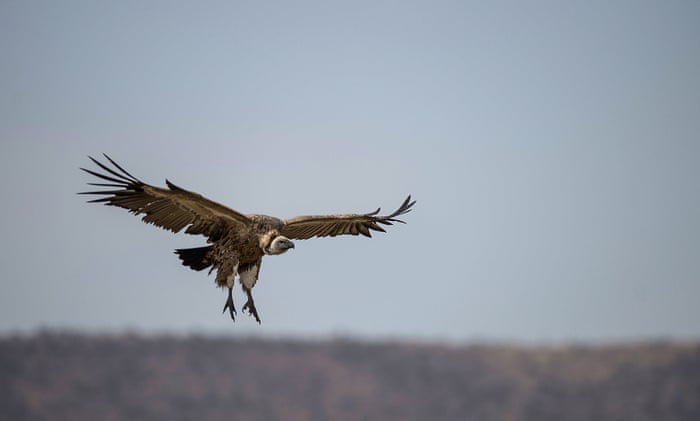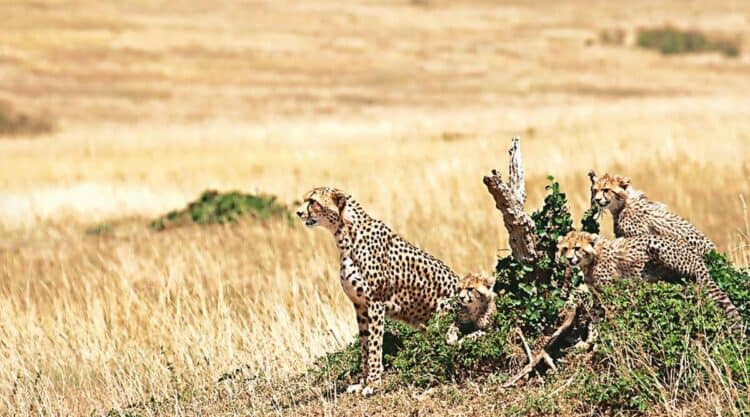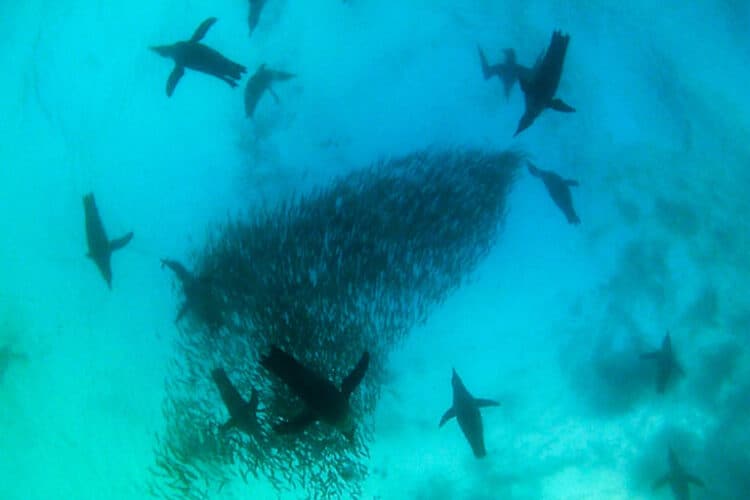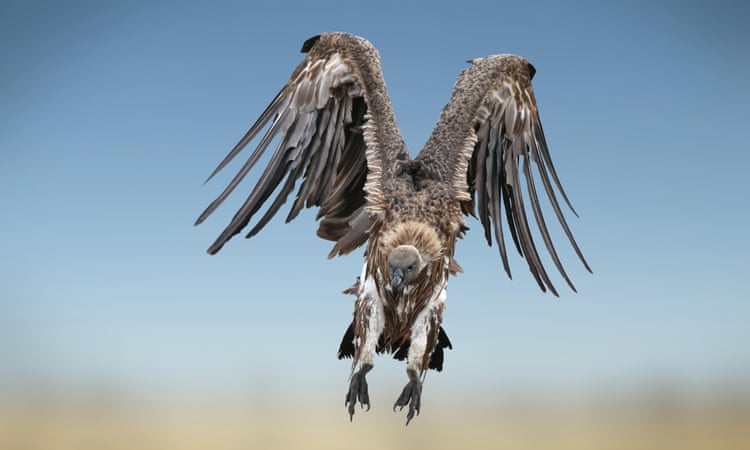Africa’s vultures are vanishing, according to a new report, posing a potential health risk to humans and livestock, since populations of other scavengers such as rats and jackals could rise as a result.
The assessment, carried out by the conservation group BirdLife International, found that six of Africa’s 11 vulture species were at risk of extinction. Deliberate targeting by poachers is one of the reasons, as the birds, which circle the sites where they feed, can alert authorities to the carcasses of illegally killed animals.

Africa’s elephant and rhino populations are being poached for their ivory and horns to meet high demand in Asian economies.
Ross Wanless of BirdLife South Africa said: “Vultures are important. They come in, they clean up and they leave. Other scavengers like rats and jackals will eat a carcass and then will go after livestock or become a pest to humans. And if vultures are removed, their numbers can increase.“
Vultures also help stem the spread of disease on the world’s poorest continent by eating carcasses that would otherwise rot.
Other reasons behind the decline of the big birds include indiscriminate poisonings and the popularity of vulture parts for traditional medicine.
Since the late 1980s, 98% of west Africa’s vultures outside protected nature areas have disappeared, while half the population of the Gyps vulture species in Kenya’s Maasai Mara park have gone, the report said. In South Africa, the number of Cape vultures has declined by 60-70% over the past 20-30 years.
The assessment was conducted for the International Union for Conservation of Nature’s Red List of Threatened Species, which is considered to be the most authoritative estimate of wild bird and animal populations.
This article was first published by The Guardian on 29 Oct 2015.
![More than 150 endangered vultures poisoned in South Africa, Botswana A Cape vulture flies low at the Vulpro Vulture Rehabilitation Centre in Hartebeepoort Dam in the Magalisburg region of South Africa in 2015 [Mujahid Safodien/AFP] (AFP)](https://focusingonwildlife.com/news/wp-content/uploads/000_Par8276044-750x563.jpg)





Leave a Reply